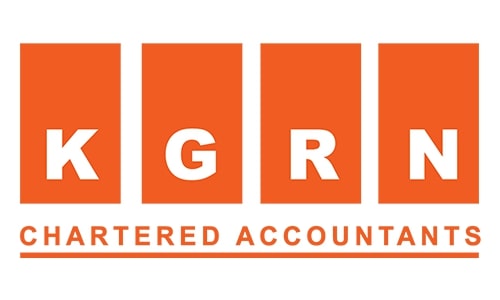The first UAE Corporate Tax Filing Deadline was extended by FTA to 31st December 2024
On 25th September 2024, The Federal Tax Authority (FTA) released Decision No. 7 of 2024, declaring a crucial deadline extension for specific taxpayers to file Corporate Tax Return and settle Tax Payable. For businesses incorporated, established, and recognized on or after 1st June 2023, with the tax period ending on or prior to 29th February, the first Corporate Tax Return and payable deadline is 31st December 2024.
The Postponement of Deadline for Corporate Tax Filing UAE 2024
- The UAE businesses with their license issued in June 2023 get relief of an extended period for Corporate Tax Filing and Settling Tax payable until 31st December 2024. September 30, 2024, was the last date for the first CT filing in UAE.
- This extension will be a relief for these organizations, as they have a considerable time to prepare for the corporate tax return filing.
- For many UAE businesses, with a financial year of January to December, their first Corporate Tax filing deadline would be September 2025.
Applicability of this decision:
The decision applies to taxable persons meeting the following conditions –
- The Taxable person was incorporated or otherwise recognized in the UAE on or after 1 June 2023.
- This Tax Period of the Taxable Person ending on or before 29 February 2024.
Below is the exhaustive illustration of the decision:
| Incorporation month | Financial year | Tax Period eligible for extension | Original due date | Revised / extended due date |
| June 2023 | January to December | June 2023 to December 2023 | 30 September 2024 | 31 December 2024 |
| February to January | June 2023 to January 2024 | 31 October 2024 | 31 December 2024 | |
| March to February | June 2023 to February 2024 | 30 November 2024 | 31 December 2024 | |
| July 2023 | February to January | July 2023 to January 2024 | 31 October 2024 | 31 December 2024 |
| March to February | July 2023 to February 2024 | 30 November 2024 | 31 December 2024 | |
| August 2023 | March to February | August 2023 to February 2024 | 30 November 2024 | 31 December 2024 |
Corporate Tax Return Filing Scenarios
- For businesses incorporated in May 2023, with the financial year starting from January 1, 2024, to December 31, 2024, their first tax period will be the same. So, they are required to file for return in September 2025.
- For businesses incorporated in June 2023, with the financial year the same as a calendar year, their first tax period will be shorter from June 01, 2023, to December 31, 2023. And the deadline for filing was September 30, 2024, which is now extended to December 31, 2024.
- For businesses incorporated in July 2023, with the financial year being the same as a calendar year, the first tax period will be July 01, 2023, to December 31, 2024. The deadline for filing a return will be September 30, 2025.
Corporate Tax Filing: Penalties for Non-Compliance
If businesses fail to meet the filing deadline, they will face severe financial repercussions and hefty penalties. Being aware of the penalties with respect to non-compliance is crucial:
- Failure to File Tax Return: Businesses that fail to file their CT returns on time shall be liable to a penalty of AED 500 per month for the first 12 months. After 13 months from the deadline, the penalty will be increased to AED 1,000 per month. This incremental effect can lead to significant financial burdens for a business.
- Failure to Settle Payable Tax: A penalty of 14% of tax payable per month will be applicable for businesses that fail to settle the tax payable before the deadline. The penalty will be applied until the taxpayer settles the tax payable.
- Incorrect Tax Filing: AED 500 per month, (unless corrected before the deadline)
The Advantages:
More Compliance Time: This deadline extension facilitates businesses, especially new start-ups, with additional time to verify their compliance with federal tax regulations.
Minimizing Burden: The extension encourages businesses to make timely and accurate tax filings by providing a considerable timeframe to meet tax obligations, thereby reducing excessive pressure and avoiding administrative penalties.
Other Relevant Service: Tax Consulting Service Dubai







